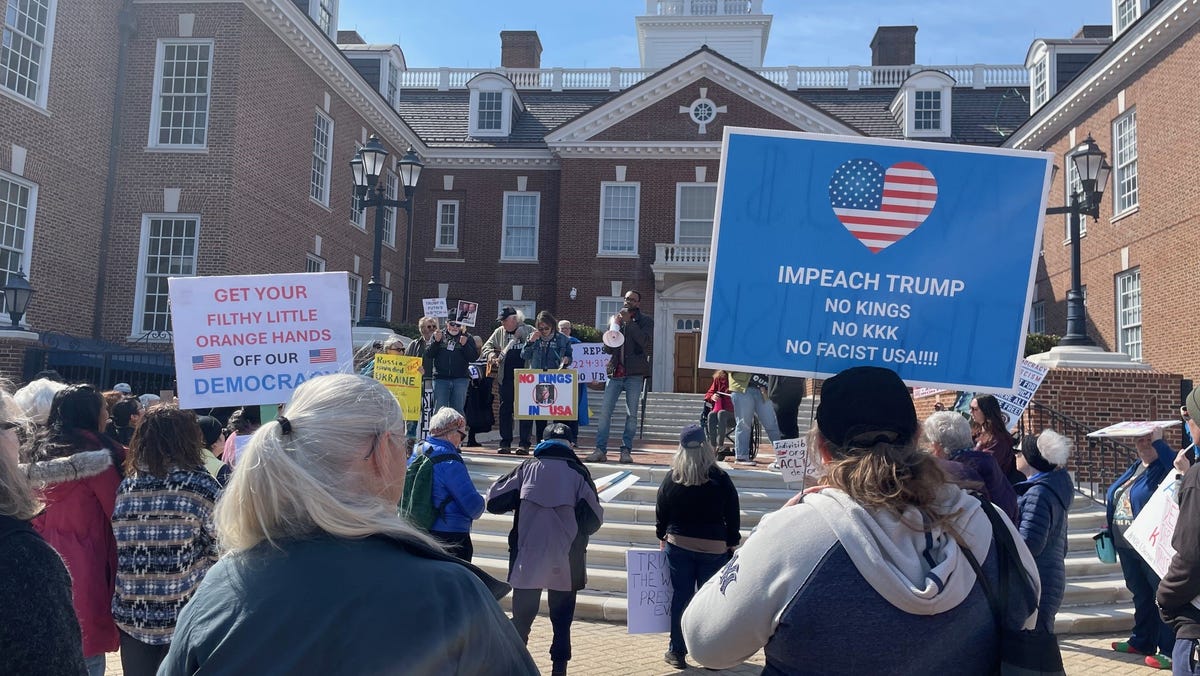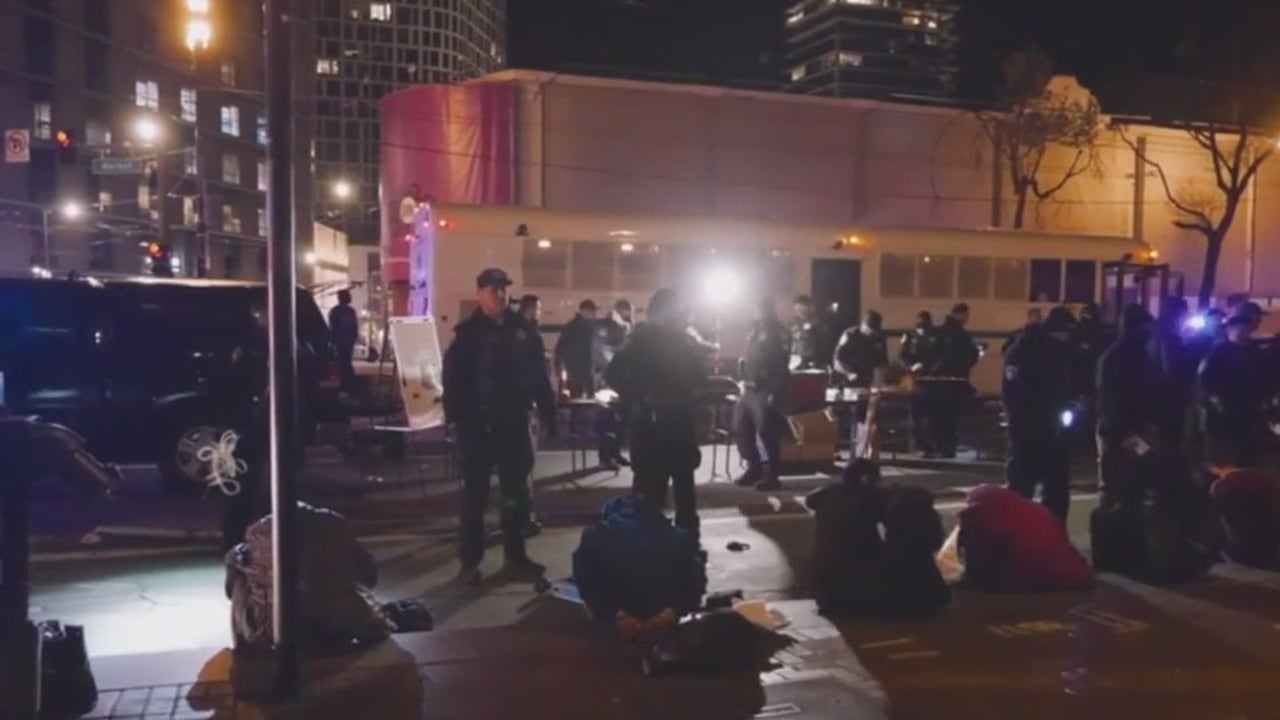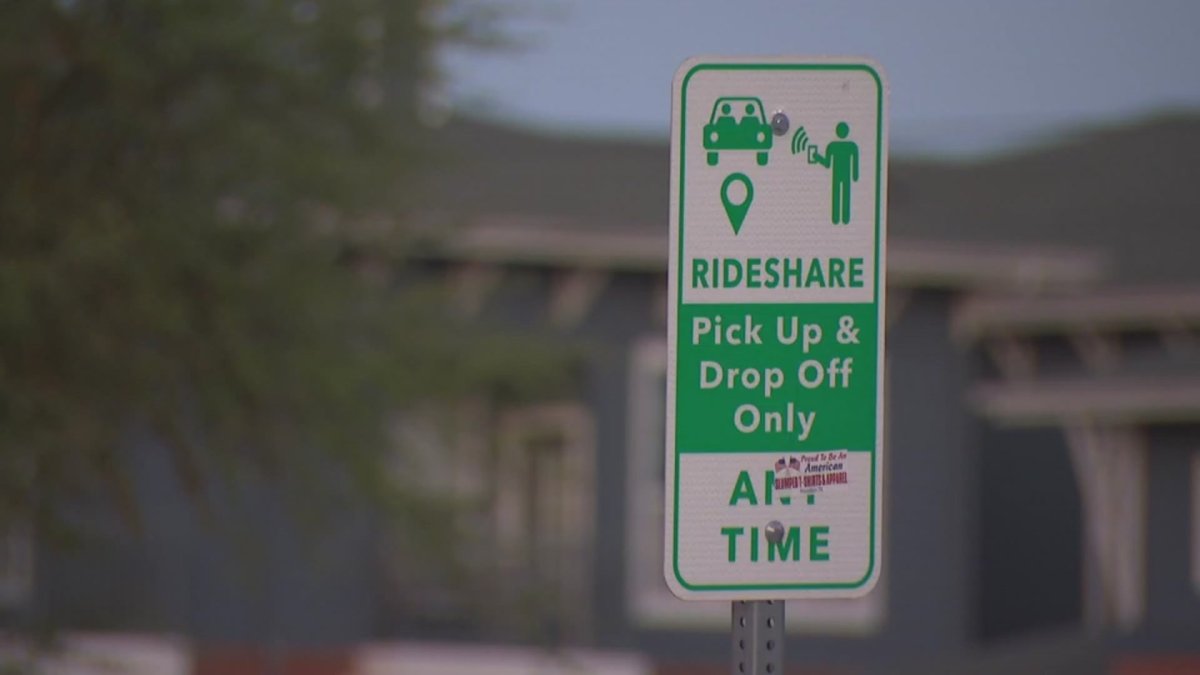Louisiana
Louisiana considers creating hunting season for once-endangered black bears

BATON ROUGE, La. (AP) — A resurgence in Louisiana’s black bear population has sparked discussion among state officials about a hunting season for the animal, which was taken off the endangered species list in 2015.
“We can certainly have a conservative harvest in limited areas,” John Hanks, manager of the Louisiana Department of Wildlife and Fisheries large carnivore program, said at a public hearing Thursday. The Louisiana Wildlife and Fisheries Commission will likely hold a vote in November to create a bear hunting season, The Shreveport Times reported.
A Louisiana black bear hunt in 1902 inspired the iconic Teddy bear toy, when President Theodore “Teddy” Roosevelt refused to shoot a bear that was tied to a tree by members of his hunting party. That refusal, when publicized, led to the creation of the teddy bear.
Black bears had all but disappeared from the state by the 1950s and 1960s, but wildlife experts say they’ve counted at least 1,212 bears in just the Mississippi Delta and the Atchafalaya Basin.
However, Hanks said the current estimate is probably 80% to 90% of the bear population, and the animals can be found across the state with the largest population in the Tensas National Wildlife Refuge.
The species’ recovery in Louisiana has been celebrated, but conservation groups filed a lawsuit in 2018 to get the bears back on the endangered list.
The U.S. Fish and Wildlife Service used “false assumptions and shoddy science” to make its decision to delist the bears, according to the lawsuit by Public Employees for Environmental Responsibility and Atchafalaya Basinkeeper.
The suit also contends the bears still need federal protection, saying recovery corridors don’t connect true native populations — a requirement for delisting — and that the estimated population is inflated.

Louisiana
Immigrant students and scholars are being detained at remote facilities in Louisiana over objections
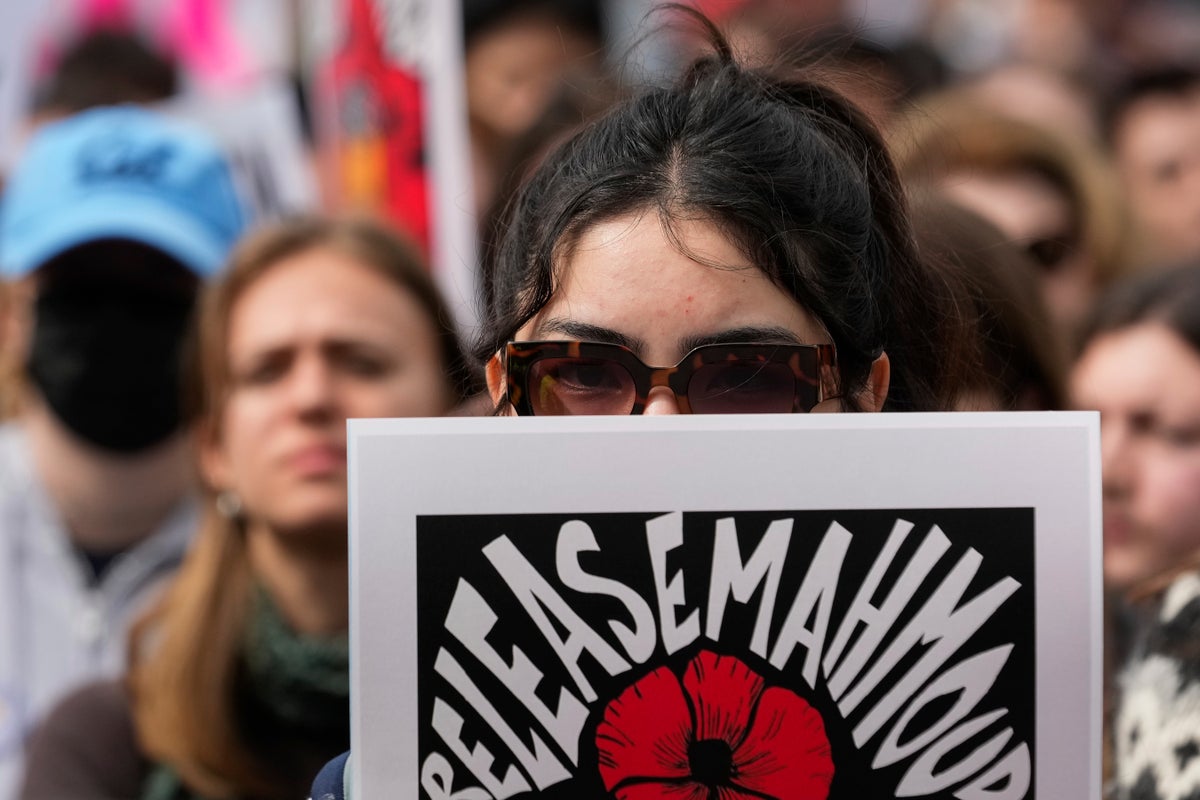
As U.S. authorities crack down on immigrants at universities in a fervor against pro-Palestinian protests, they quickly have shuttled some of those detained to remote facilities in Louisiana.
Lawyers for Mahmoud Khalil, the Columbia University graduate student facing possible deportation for his role in protests at that campus, are calling his imprisonment in Louisiana a “Kafkaesque” attempt to chill free speech.
Louisiana is emerging as a linchpin for immigrant detention in President Donald Trump’s second term, at facilities far from New Orleans and beyond the immediate reach of most rights groups and attorneys.
Epicenter for detention
Immigrant detention in Louisiana surged during Trump’s first term at facilities adapted from state prisons and local jails.
At the time a state criminal justice overhaul had reduced the prison population, threatening the economies of small towns that rely on the lockups.
Officials in rural parishes signed contracts for immigrant detention that guaranteed millions in payments to local governments. Immigrants and their advocates complained of prolonged detention, mistreatment and isolation, including solitary confinement that sometimes resulted in death.
Louisiana is the No. 2 state today for immigrant detention by ICE, after Texas. About 7,000 immigrants are held there in civil detention, according to government data compiled by Syracuse University’s Transactional Records Access Clearinghouse.
Taken from the Northeast to the South
The transfer of Khalil from the New York area to Louisiana complicates his legal fight to be released.
An attorney for the Department of Justice, August Flentje, wants the dispute litigated in Louisiana “for jurisdictional certainty.” A judge in Newark, New Jersey, heard jurisdictional arguments Friday and plans to issue a written ruling.
Immigration authorities are also holding 30-year-old Turkish student Rumeysa Ozturk at a detention center in Basile, about 170 miles (270 kilometers) west of New Orleans.
The Tufts University doctoral student was detained by immigration officials as she walked along a street in the Boston suburb of Somerville on Tuesday and transferred to Louisiana before a federal judge ordered her kept in Massachusetts.
Attorneys for another detained scholar, Alireza Doroudi, a doctoral student at the University of Alabama, said Friday that he was likely to be sent to an ICE center in Jena, Louisiana, a town of about 5,000 that is also far from major cities.
Doroudi, 32, initially was held at the Pickens County Jail in Carrollton, Alabama, after his arrest by immigration agents at his apartment in the middle of the night.
Doroudi was picked up because a visa was revoked in 2023, and his attorneys say he never participated in campus protests. The Department of Homeland Security said Doroudi poses a “significant national security threat” but did not elaborate.
Relatively few immigrants settle in Louisiana. Foreign-born residents there make up less than 5% of the population, compared with the national average of about 13%.
Immigration detention is at a five-year high
Trump’s inauguration-day executive orders and promises of mass deportations of “millions and millions” of people hinge on securing more money for immigrant detention beds.
The number of immigrants in ICE detention this month hit 47,892 — the highest since October 2019 — as the administration experiments with the use of offshore facilities at Guantanamo Bay Naval Station, Cuba.
Authorities also are using federal prisons to detain some people, returning to a strategy that drew allegations of mistreatment during Trum’s first term. The administration also recently resumed family detention of immigrants at a South Texas facility after a Biden-era pause.
Louisiana
For these 3 Southwest Louisiana households, storm recovery struggles continue

Terra Hillman replaces a propane tank on the camper trailer where she’s lived since Hurricane Laura damaged her Lake Charles house in 2020. (Chris Vinn for Louisiana Illuminator)
LAKE CHARLES — Sheriff’s deputies accompanied Federal Emergency Management Agency workers to Terra Hillman’s fenced-in property Jan. 29. They were there to remove the camper she’s lived in since Hurricane Laura plowed through her home in August 2020.
Hillman’s is one of three households in Calcasieu Parish who still need temporary shelter as they struggle to rebuild after the historic 2020 hurricane season. Their personal stories reveal gaps that remain in the disaster recovery process, even as the area sees a boom in multifamily housing construction.
FEMA set a Feb. 28 deadline to remove the remaining trailers from Calcasieu Parish, though the agency did not respond to questions about why it went to Hillman’s property a month early.
When FEMA arrived at her property, Hillman entered her damaged house and would not speak with officials except to request they leave. About an hour later, they left without taking the temporary trailer.
Damage to Hillman’s home has made it difficult for her to repair. Her insurance company initially paid to repair her roof but denied the rest of her damage claims, including home leveling costs, which she said came to more than $300,000. But after her insurance company filed for bankruptcy, Hillman received no additional reimbursements. Court records show she’s suing the Louisiana Insurance Guaranty Association to recoup her losses.
“I’ve tried to re-tarp it [the roof] a few times myself because nobody else would do it because it’s dangerous …” Hillman said. “The weather around here just makes a joke of the tarps and stuff, and so the water just pours in half the house.”
Tarps cover the damage Hurricane Laura inflicted in 2020 upon Terra Hillman’s home in Lake Charles. (Chris Vinn for Louisiana Illuminator.
Reached last week, Hillman said she was still living in her trailer while repairs to her home continue. A freak winter ice storm in February 2021 damaged her plumbing, adding to the fixes needed.
Hillman applied for help from Restore Louisiana, the program providing federal grants for homeowners affected by natural disasters in 2020-21. She was initially awarded $19,000 but appealed the award amount. She has since been approved for $325,000 to cover the full demolition and rebuild. However, she said the process has been slow.
Restore Louisiana program’s deadline for issuing grant award agreements was Nov. 1, 2024.
The Louisiana Office of Community Development, which oversees the program, has closed over 13,000 grant agreements, obligating more than $1.06 billion, spokesman Marvin McGraw told the Illuminator.
“Of the 20,803 submitted applications, 99.9% of grant award determinations have been completed, with only 12 homeowners awaiting a final award decision,” McGraw said.
The program expects to finalize any outstanding awards by March 31, he added.
“At this stage, all homeowners have been notified of their program status, and any remaining delays are likely due to missing documentation or unmet program requirements,” McGraw said.
SUPPORT: YOU MAKE OUR WORK POSSIBLE
Financial hardships hinder recovery
Before it was removed from her property, Diana Betters lived in a FEMA trailer in south Lake Charles, outside of city limits. She shared it with six other family members since her manufactured home sustained storm damage in 2020 that included busted pipes and a mold infestation visible around holes in the roof, walls and floors.
“I don’t know how much mold has built up. We’ve been buying the mold stuff and spraying and scrubbing,” Betters said.
Despite efforts to secure more permanent housing after the storms, she faced credit checks and financial hurdles, including a $650 sewer repair.
Betters said she was awarded $75,000 from Restore Louisiana.
“I went and looked at the double-wide homes, and they want $149,000,” Betters said. “What I’m gonna do with it? Well, it’s a down payment, then the rest gonna fall on me. I already have a mortgage” for the damaged home.
Betters said she turned down housing options in nearby Sulphur and Iowa because she didn’t want her 11-year-old granddaughter to change schools. She considered two apartments near McNeese State University but didn’t qualify for a lease because of her low credit score.
According to documents Hillman and Betters received from FEMA and shared with the Illuminator, their trailer rents increased in January, with residents subjected to additional penalties should they continue to live in them beyond February.
Hillman said her $50 monthly rent increased to $200 in January, but she was unsure of what fees she would owe for continuing to live in her trailer past Feb. 28. Betters said her rent rose from $359 to more than $700 in 2024.
Despite the Feb. 28 deadline, FEMA representatives showed up at Betters’ property Jan. 30 and ordered her family to vacate the trailer. As the family packed their belongings, contract workers started removing the trailer skirting to prepare it for removal. But just as they had at Hillman’s home, FEMA workers left the property without the trailer when reporters with the Illuminator and KPLC-TV arrived.
Betters told the Illuminator FEMA officials returned without warning the next day to remove the trailer. She and her family are now back to living in their hurricane-damaged home while they save for something new.
“We’re bunched up in here like sardines,” Betters said, explaining that she’s using some rooms in her damaged home for storage space.
FEMA would not answer specific questions about Betters or Hillman but said in an email that its Direct Housing Mission program ended Feb. 28. When a move-out is completed, FEMA said its campers are “not typically removed from the property on the same day.

Ceiling damage is visible in a section of Terra Hillman’s home in Lake Charles that Hurricane Laura damaged in 2020. (Chris Vinn for Louisiana Illuminator)
Nearly 20 years of disputes
Sulphur resident Ronnie Hossain has lived in FEMA trailers since 2005, when Hurricane Rita leveled the southwest corner of Louisiana. He has been involved in a lengthy dispute with local officials over rebuilding his storm-damaged home, and FEMA put his trailer on its removal list with the two others left over from the 2020 storms.
Hossain said his FEMA trailer was scheduled for repossession for 9 a.m. Jan. 31. However, no one from FEMA arrived when the time came. He attributes the no-show to reporters who were present during previous removal attempts earlier that week.
Hossain claims FEMA wrongly accused him of violations in an attempt to force him out of his temporary housing and that local officials have been unhelpful, further complicating efforts to rebuild his home. He also said that FEMA cited him for failing to meet with a caseworker, but he alleges no caseworker has ever visited his property.
Hossain said he had been paying rent for the FEMA trailer, which recently increased from $225 to $475 per month. Now, he claims, FEMA is demanding $1,600 in rent, an amount he says is unreasonable.
Sulphur Mayor Mike Danahay said Hossain has been entangled in zoning and permitting issues since Hurricane Rita. He has violated city ordinances by having multiple structures on a lot zoned for one single-family dwelling, according to the mayor.
Hossain said the trailer he had been living in since Rita was damaged during Hurricane Laura in 2020. FEMA replaced it, and he removed the original one from his property six months ago.
Hossain has yet to move into his house, and Danahay says he has repeatedly failed to meet deadlines for completing construction. The mayor said Hossain had electrical and plumbing work done without the necessary permits, which has prevented city inspectors from ensuring the home meets safety standards. Despite years of attempted cooperation, officials eventually had to start enforcing ordinances, Danahay said.
The mayor maintains the city’s goal is compliance, not punishment.
“I think we’ve been more than patient with this gentleman to get his house in order so he can move back in,” Danahay stated. “All we are asking him to do is complete the house and do it right to ensure safety.”
Hossein told the Illuminator he has permits to work on the house.
Hossain was locked out of his FEMA trailer Feb. 23, and it was removed from the property March 3, he said. Additionally, he claims FEMA sent a notice to the Internal Revenue Service to garnish more than $1,600 from his monthly income.
He said has been in contact with Restore recently to renegotiate the terms of his grant to continue rebuilding his house.
Multifamily construction boom replacing damaged housing stock
Hurricanes Laura and Delta took dead aim at southwest Louisiana and damaged approximately 44,000 homes, according to a 2020 study. About half of the Calcasieu Parish housing stock was impacted.
More than 750 damaged homes in Lake Charles have either been repaired or rebuilt since 2020, city spokeswoman Katie Harrington said. Additionally, more than 900 new multi-family units have come online or are in the process of being developed.
Woodring Apartments in downtown Lake Charles just marked its grand opening and offers affordable rates for qualifying tenants. Construction is well underway at the 72-unit Calcasieu Heights and Capstone at the Oaks, with 120 apartments. Both properties are intended for senior housing.
Mid-City Lofts, a 46-unit mixed income development, is under construction on a portion of what was once the Lloyd Oaks Housing Development. What’s left of Lloyd Oaks is also being redeveloped.
SUPPORT: YOU MAKE OUR WORK POSSIBLE
Louisiana
Useful Managed Care Information | Louisiana Department of Health

Independent Review
This process was established by La-RS 46:460.81, et seq. to resolve claims disputes when a provider believes a managed care organization (MCO) has partially or totally denied claims incorrectly. A MCO’s failure to send a provider a remittance advice or other written or electronic notice either partially or totally denying a claim within 60 days of the MCO’s receipt of the claim is considered a claims denial. SIU post-payment reviews are not considered claims denials or underpayment disputes, therefore, SIU findings are exempt from the Independent Review Process. Except per Act 204 of the 2021 Regular Legislative Session, mental health rehabilitation (MHR) service providers have the right to an independent review of an adverse determination by a managed care organization that results in a recoupment of the payment of a claim based on a finding of waste or abuse.
Effective Jan. 1, 2018 there is a $750 fee associated with an independent review request. If the independent reviewer decides in favor of the provider, the MCO is responsible for paying the fee. Conversely, if the independent reviewer finds in favor of the MCO, the provider is responsible for paying the fee.
Remember to send in the Independent Review Reconsideration Form to the MCO before you ask LDH for an Independent Review. Each MCO has the form on their site but you can also access it here.
Independent Review Process
-

 News1 week ago
News1 week agoTrump Administration Ends Tracking of Kidnapped Ukrainian Children in Russia
-
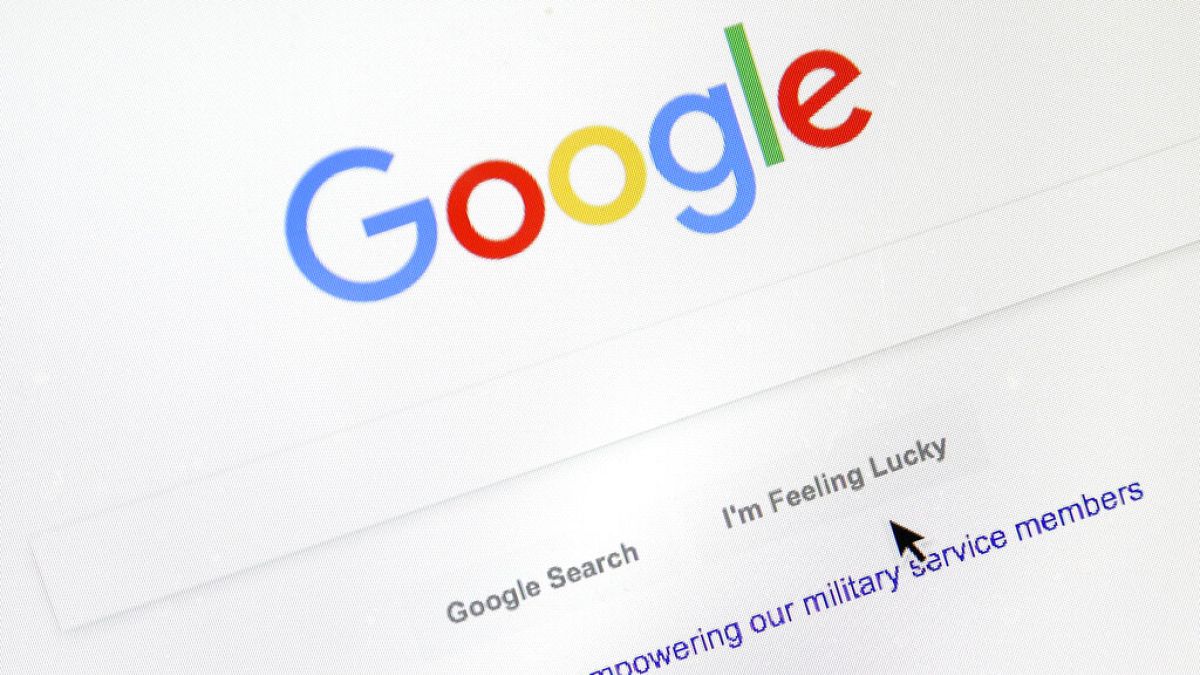
 World1 week ago
World1 week agoCommission warns Alphabet and Apple they're breaking EU digital rules
-

 News1 week ago
News1 week agoZelenskyy says he plans to discuss Ukraine ceasefire violations in a call with Trump
-

 News1 week ago
News1 week agoTrump’s Ending of Hunter Biden’s Security Detail Raises Questions About Who Gets Protection
-

 Culture1 week ago
Culture1 week agoJack Draper’s tennis: How embracing variety took him to Indian Wells title
-

 Technology1 week ago
Technology1 week agoGoogle’s Pixel Tablet is $120 off ahead of Amazon’s spring sales event
-

 Technology1 week ago
Technology1 week agoStreaming services keep getting more expensive: all the latest price increases
-

 News1 week ago
News1 week agoNASA Astronauts Don’t Receive Overtime Pay for Space Mission But Get $5 a Day



